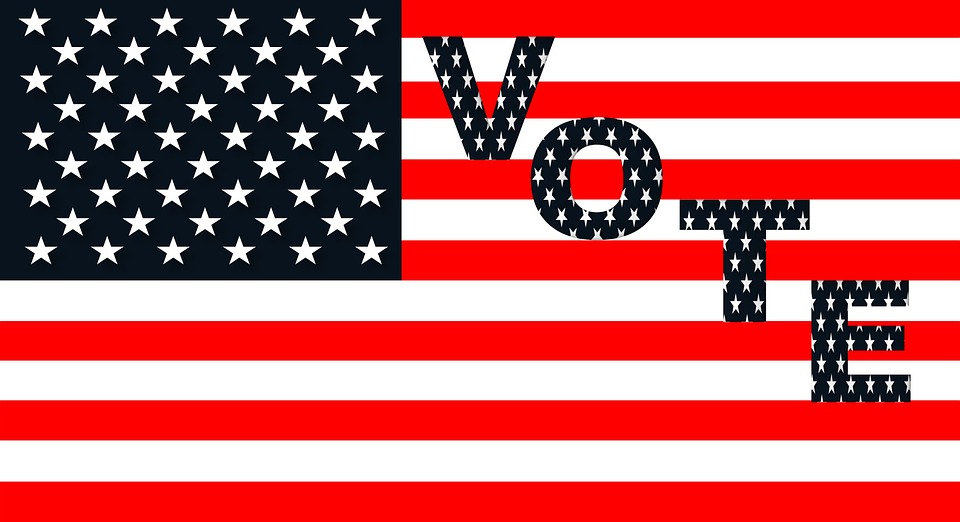 Published: 23.04.2020, 15:07
Published: 23.04.2020, 15:07 5 min read
5 min readOn the 14th of April, Scientific Games issued a public document detailing the company’s liquid assets. The report also gave some details on ways that the company has been cutting costs to combat the economical impact of the coronavirus pandemic. Let’s look at the full statement, and we will bring your attention to its utmost important sections.
Within the document’s summary, Scientific Games declared that the company’s liquid assets are currently in good standing. Furthermore, it has slashed over $100 million of quarterly expenses. In addition to this, Scientific Games has utilized its designated credit facilities in order to withdraw almost $500 million. It is going to use these borrowings to strengthen its business once the gaming sector starts to recuperate. The $480 million, plus the $200 million of cash that the company has on hand, should hopefully be enough to put Scientific Games in an advantageous position.
Scientific Games also owns 82% of SciPlay, which has $130 million cash on hand and is in an advantageous liquidity position. In addition to this, SciPlay does not have any debt balance that is due and can utilize its credit facility to withdraw $150 million.
Scientific Games then highlighted that it shall be in a position to cut Q2’s costs by over $100 million. This will be due to the company’s operational and cost-cutting tactics that had been employed prior to the document’s release, plus new measures that will roll out soon. The company did not go into much detail about what sort of measures are rolling out and which ones were already in effect. However, Scientific Games did mention that it has been reducing personnel costs through furloughs, layoffs, and pay decreases. The personnel cost-cutting tactics will be responsible for $50 million in savings during Q2. Furthermore, capital expenses will be approximately $50 million lower than what the company had previously planned on. These two areas combined will add up to the $100 million in cuts that Scientific Games is expecting.
The company believes that it is in a good stance to reduce capital costs even further throughout the rest of 2020, rather than just in Q2. The figures the statement provided showed that the company shall spend up to $240 million rather than the previous $330 million estimate. There may also be additional savings as the company proceeds to develop and implement other cost-saving measures.
The statement gave a quote from the company’s CEO, Barry Cottle. Cottle stated that the slashes to costs would put Scientific Games in a position to be an even fiercer market competitor after the coronavirus subsides. He stressed that the company would continue to provide the best possible user experience while also making changes to ensure a successful future. Cottle ensured readers that the business’ diversity gives it strength in these challenging circumstances.
The statement did not give any more details about cost-saving measures or liquidity after this point. It closed up with information about Scientific Games and a disclaimer on the statement’s tentative claims. Both of the sections are present in all of the company’s press releases.
What Else Is New With Scientific Games?
Despite the severe financial repercussions that COVID-19 has been bringing down upon the gaming industry, Scientific Games continues to make strides to put itself in a more competitive market position. For instance, the day prior to the statement’s release, Scientific Games announced that it signed a new five-year contract to be the instant game provider of the Connecticut Lottery. The company already had an instant game agreement with the Lottery, but this new contract would make it the primary provider.
Scientific Games had already supplied instant games to the Lottery for over 40 years. Furthermore, it was employed as the Lottery’s tech supplier. The Connecticut Lottery chose to make Scientific Games its main supplier so that the Lottery’s profits would be maximized. This, in turn, would expand the amount of money that is contributed to the state’s General Fund.
During the 2019-20 fiscal year, the Connecticut Lottery was regarded as one of the ten top lotteries across the globe due to its sales per capita. Since its creation in 1971, the Lottery has generated $10 billion in revenue, which has benefitted a plethora of public establishments within the state.
The Senior Vice President for Scientific Games, John Schulz, said that he is highly appreciative of the Lottery’s choice to use his company as its main instant games contributor. Schulz is looking forward to helping the Connecticut Lottery continue to grow. The Lottery’s CEO, Greg Smith, acknowledged Scientific Game’s impressive business record and stated that he is looking forward to working with its team.

Another exciting development for Scientific Games is that it won a 10-year technology contract with the Iowa Lottery. Scientific Games will serve both the Lottery and the 2,400 locations in which its games are sold. This 10-year contract could potentially lead up to an additional 5-year extension, depending on what the Iowa Lottery chooses to do.
The Iowa Lottery will change up its gaming system in the summer of next year and will improve its tech using Scientific Game’s resources. The Lottery is hoping to avoid disrupting potential sales during the upgrade process.
Scientific Games won the role of technology supplier due to its ability to maximize Iowa Lottery’s funding. The company has been working with the Lottery for the last eight years and has led to a total growth of $878 million across retail sales. This updated partnership between Scientific Games and the Iowa Lottery will generate the necessary funding to keep many statewide organizations and programs afloat. Veterans, state universities, and local agriculture will all benefit from the increased revenue that Iowa’s updated lottery technology would provide.
As you can see, despite the coronavirus, Scientific Games has been making a name for itself within the United States. It is also making strides towards establishing itself as an international competitor. On March 31st, the company announced that it had sealed a four-year contract as a technology provider for the German Baden-Wurttemberg Lotto.











